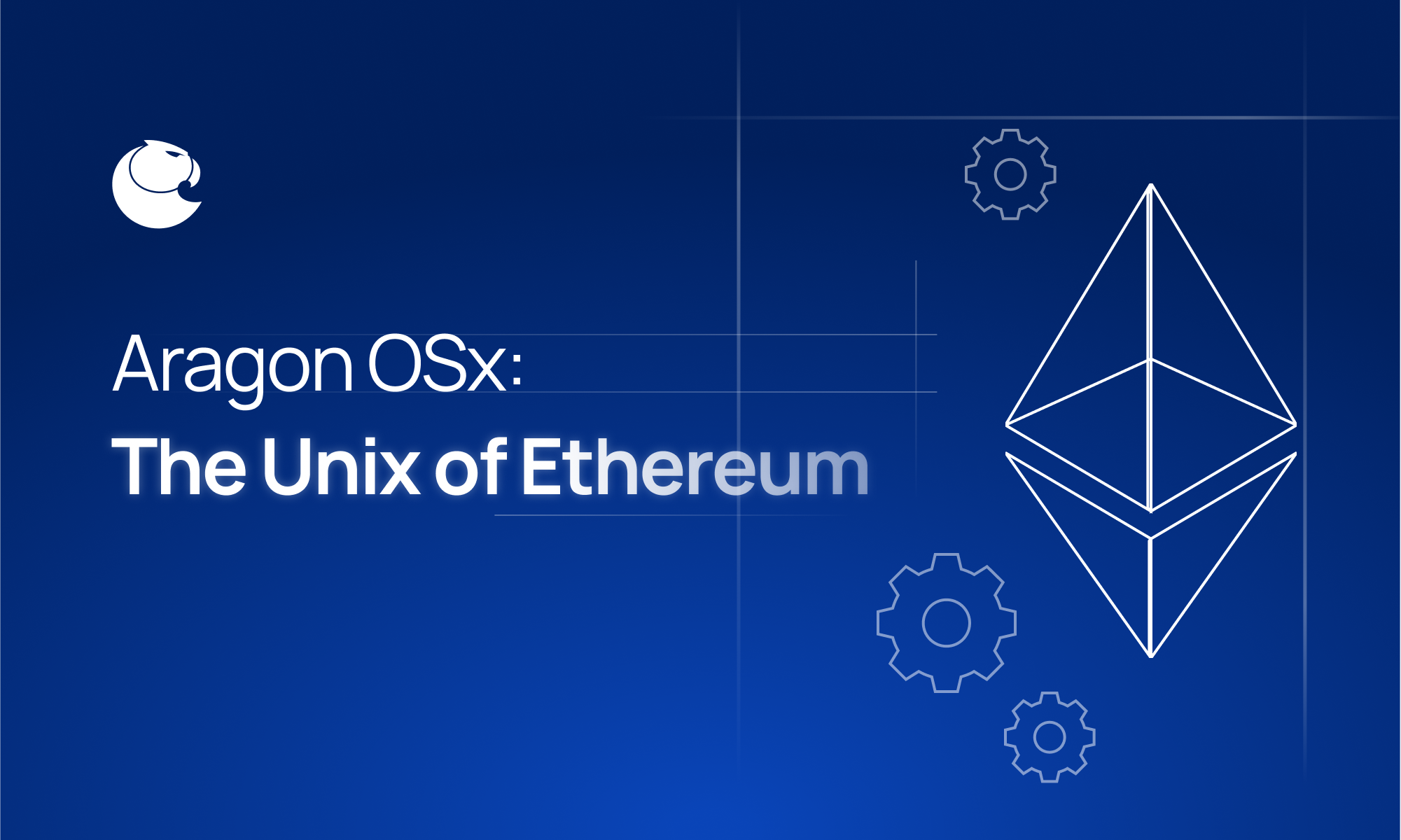DAO technology is still in the early adoption phase, and there is ongoing experimentation to discover successful and sustainable governance models and best practices for the long term. One of the biggest challenges facing DAOs is adapting and experimenting within the immutable blockchain record. To address this, many DAOs have been running more operations off-chain, relying on trusted actors to execute decisions. However, to be truly unstoppable, DAOs must run on blockchains.
To address the need for adaptability in DAO governance, a new DAO framework called Aragon OSx was deployed. This framework was designed to be lean and modular, allowing organizations to customize and adapt their governance for their specific needs. By following the Unix philosophy of simplicity, modularity, and reusability, organizations can find and change solutions that work for them as their organization evolves.
The operating system for DAOs built with the Unix philosophy works similarly to a computer operating system. It manages permissions for untrusted apps, allowing for updates and changes to be made easily. The guiding principles of the Unix philosophy—simplicity, modularity, flexibility, and everything as a permission—were applied to the development of Aragon OSx.
In Aragon OSx, the DAO core serves as the trusted kernel, while plugins act as small, composable building blocks that solve specific problems for the DAO. The DAO core manages permissions to outside programs, while plugins are granted permission to interact with DAO assets only when needed. These plugins can be easily installed, uninstalled, and upgraded, providing flexibility and control to developers building and customizing their DAOs.
In summary, Aragon OSx is an operating system for DAOs that incorporates the principles of the Unix philosophy to provide adaptability, flexibility, and control in DAO governance. The core serves as a trusted kernel, while plugins solve specific problems for the DAO, allowing for fast iteration and evolution in governance.
